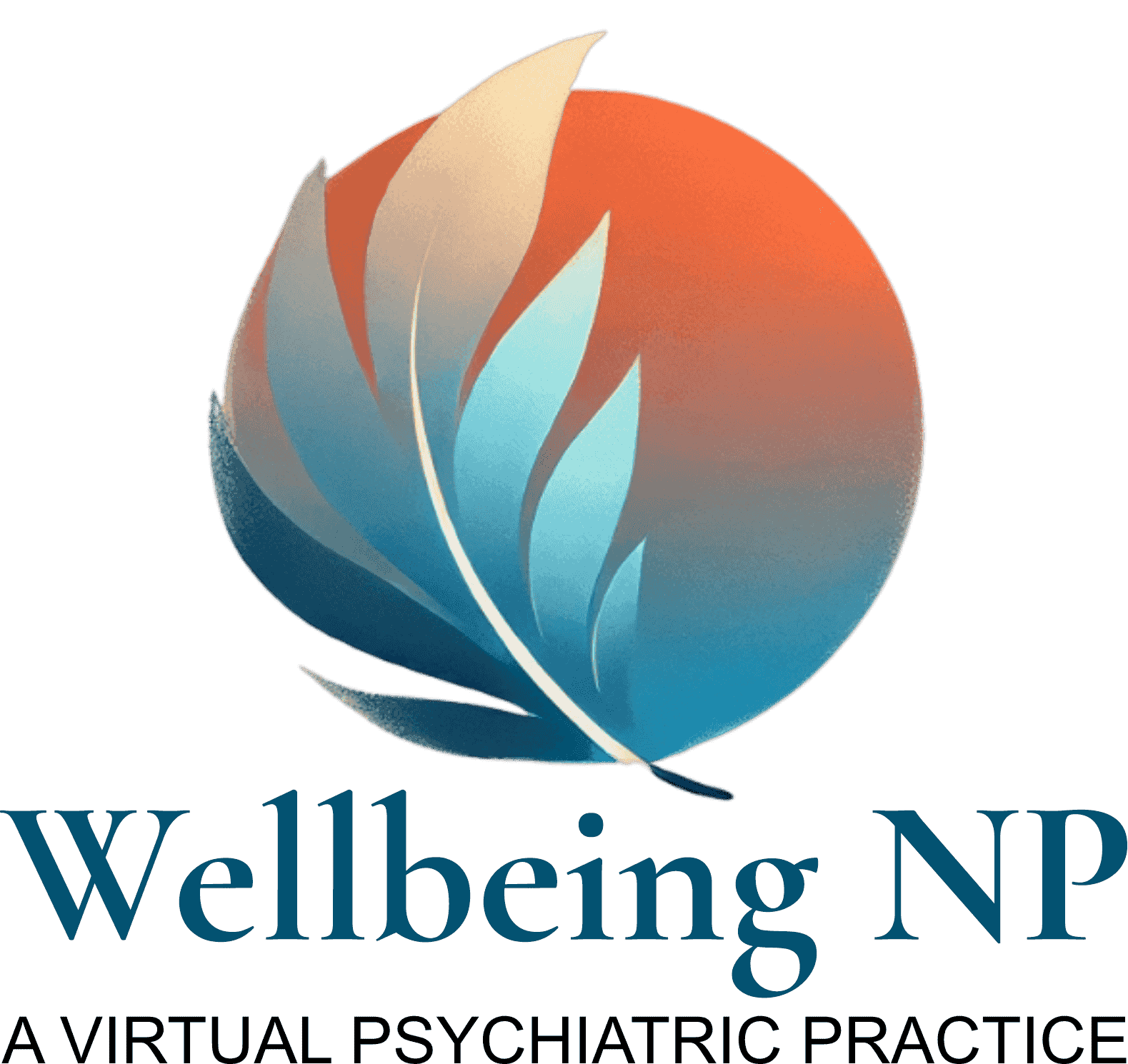
ADHD doesn’t stop just because you’re pregnant. If you have ADHD and you’re pregnant (or planning to be), you probably have a lot of questions about how to take care of your mental health and your baby at the same time.
Mothers-to-be with ADHD often ask us, “Can I safely take my meds while pregnant? Should I stop? What are my alternatives?”
Too often, women get information that’s incomplete or not well balanced. Many providers are quick to recommend stopping ADHD medications, but they don’t offer a clear plan for what to do instead. That kind of advice can leave you feeling lost during a time that requires more support, not less.
You deserve to find the balance that works for you.
Why ADHD Management During Pregnancy Matters
ADHD doesn’t disappear just because you’re pregnant. In fact, the demands, emotions, and physical changes of pregnancy can make ADHD symptoms worse.
Untreated ADHD during pregnancy can lead to:
- Missed or delayed prenatal appointments
- Inconsistent nutrition or supplement routines
- Higher levels of stress, anxiety, and irritability
- Increased risk of perinatal mood and anxiety disorders (PMADs), including postpartum depression (PPD)
What Does the Research Say About ADHD Medications in Pregnancy?
Stimulants like Adderall, Vyvanse, and Ritalin are the most effective ways to treat ADHD, but they’re not meant to be taken by pregnant people.
Like all drugs, stimulant ADHD medications can have risks and side effects. But they may be safer than was previously assumed — even if you’re pregnant. This is especially true when you consider the risks of untreated ADHD.
Here’s what current research shows:
- A 2022 systematic review in the Journal of Clinical Psychiatry found no clear link between methylphenidate (Ritalin) or amphetamine salts (Adderall) and major birth defects. However, the study emphasized the need for further research.
- Both classes of stimulants remain FDA Category C, meaning risk cannot be ruled out, but they are not prohibited.
- As a rule, the American College of Obstetricians and Gynecologists (ACOG) encourages individualized risk-benefit conversations, rather than blanket discontinuation.
Visit MotherToBaby.org for medication fact sheets and live chats with experts to help you weigh safety data.
Non-Medication ADHD Treatments During Pregnancy
If you decide to stop taking your medications while growing your family, that doesn’t mean you’re out of options. There are safe, evidence-supported strategies that can help you manage symptoms.
- Omega-3 Fatty Acids (EPA-heavy)
- Shown to improve attention, mood, and inflammation.
- This is a good starting point for most people, especially during pregnancy.
- Cognitive Behavioral Therapy (CBT) for ADHD
- CBT provides structure, problem-solving strategies, and emotional regulation support.
- Providers trained in ADHD-specific CBT can help reduce executive dysfunction.
- L-Theanine (use with doctor guidance
- This amino acid promotes feelings of calm and focus without making you sleepy.
- Some studies suggest L-theanine has benefits for anxiety and attention, but more research is needed when it comes to pregnancy.
- CBT-I and Sleep Support
- Both ADHD and pregnancy can disturb sleep.
- CBT-I (Cognitive Behavioral Therapy for Insomnia) and circadian rhythm support can help you function better during the day.
- ADHD Coaching
- Behavioral coaching teaches you real-world tools to stay organized, on task, and emotionally balanced.
- These approaches are especially helpful during pregnancy because they support your nervous system without medication. They’re also skills you can carry into everyday life.
Making an Informed, Individualized Choice
The decision to continue, pause, or modify ADHD treatment in pregnancy is deeply personal. It should never be a quick “yes” or “no.” This choice should be a careful discussion between you and a provider who understands both mental health for pregnant women and neurodivergence.
At WellBeing NP, we approach ADHD in pregnancy with respect, strategy, and support, not shame or fear. The goal is to support your overall mental health and your ability to care for both yourself and your baby.
The right approach will depend on several factors, including:
- The severity of your symptoms
- Your previous experiences with and without medication
- The presence of other mental health conditions
- Your current support system
What We Offer at WellBeing NP
We are dual-certified nurse practitioners (FNP-C & PMHNP-BC) specializing in the overlap of primary and psychiatric care — including pregnancy and postpartum mental health.
We provide:
- Preconception ADHD consultations
- Functional medicine support for brain health and nutrient optimization
- Medication safety planning using the latest evidence
- Supplement guidance and integrative treatment plans
- Postpartum ADHD transition support
Your Prenatal Mental Health Matters
If you live with ADHD, you deserve a treatment plan that supports both your mental health needs and your growing family. With the right guidance, it’s possible to stay regulated, connected, and empowered during pregnancy.
Continuing medications won’t be right for everyone, but if your needs outweigh the risks, we’ll help you make a plan
Book a consult to build a plan to support your mental health during pregnancy.








